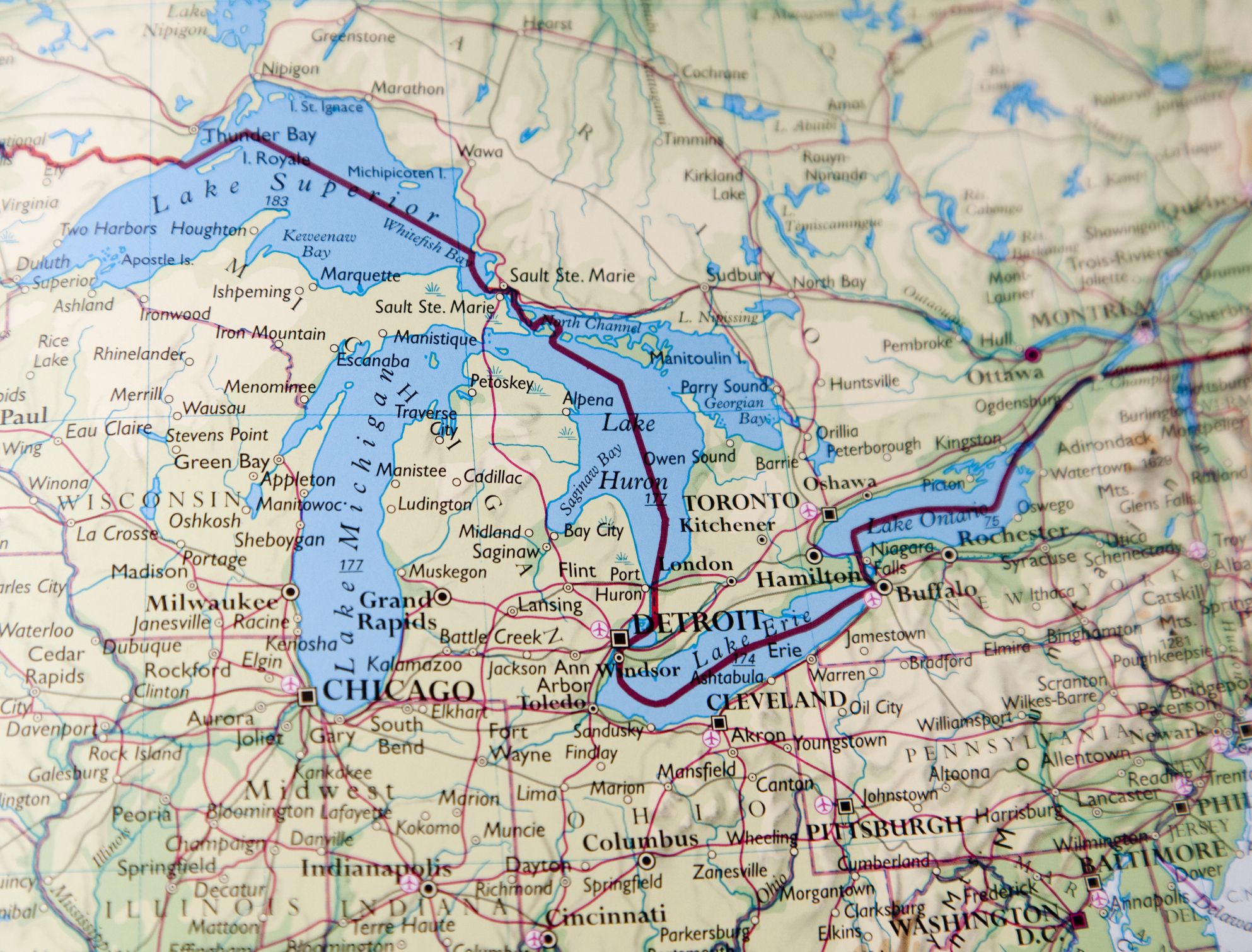A draft of the proposed Canada-Ontario Agreement (COA) on Great Lakes Water Quality and Ecosystem Health has been released by the Government of Canada and Government of Ontario.
The new draft agreement is designed to advance action on key challenges facing the Great Lakes such as wastewater management, stormwater management, and pollution. It includes a new focus on road salt and plastic pollution. The agreement also focuses on ongoing and emerging issues such as algal blooms, invasive species, and climate resilience.
“Our Great Lakes are the foundation of Ontario’s economic prosperity and wellbeing, but they are increasingly facing pressures, such as climate change, pollution, and urban development,” said Jeff Yurek, Ontario’s minister of the environment, conservation, and parks. “This is why we committed to a number of important actions in our Made-in-Ontario Environment Plan to restore and protect our Great Lakes, including working with Canada on a new Canada-Ontario Great Lakes Agreement. We look forward to our continued work with our federal and other partners and to public input, because it is only by working together that we can take effective action to protect these vital ecosystems.”
Public consultations on the draft COA on Great Lakes Water Quality and Ecosystem Health will take place between July 5 and September 4. A final agreement is expected in 2020.
The current Canada-Ontario Agreement will expire in December 2019. Since 1971, it has been instrumental in guiding actions by the two governments to address the most significant challenges facing the Great Lakes and improving overall conditions across all Canadian Great Lakes. The Canada-Ontario Lake Erie Action Plan was also developed to reduce the amount of phosphorus entering Lake Erie, and address the growth of toxic and nuisance algae.









